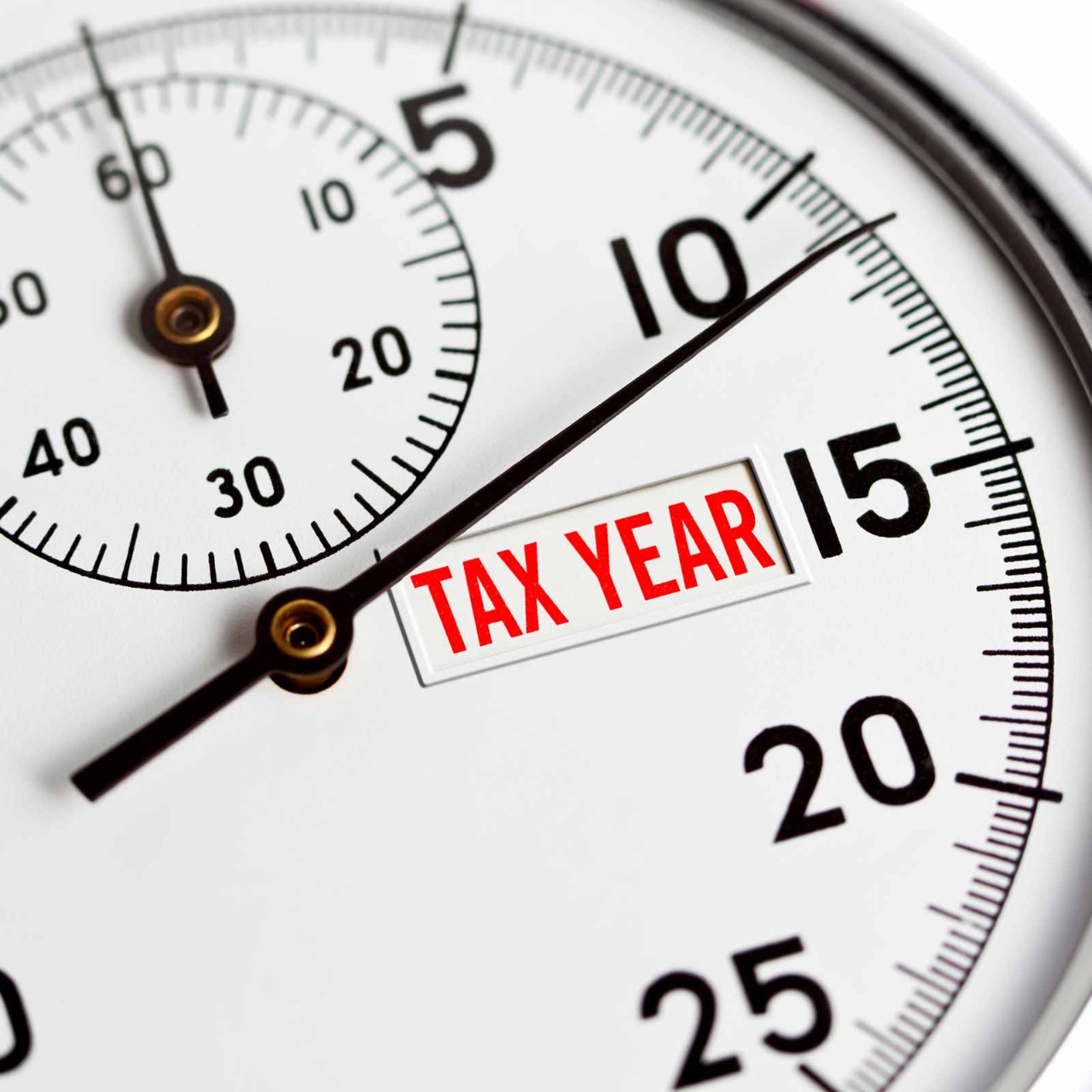
As a result of Covid-19, the UK’s GDP is now estimated to have decreased by as much as 10% in 2020. But the falling number of corporate insolvencies appears to be telling a different story.
The latest figures from the Insolvency Service reveal that corporate insolvencies fell by 9% in February 2021 – from 754 in January to 686 – and were 49% lower than February 2020’s figure of 1,348.
At a granular level, in February 2021 when compared with the number of insolvencies registered a year earlier, compulsory liquidations were down by 86%, creditor voluntary liquidations by 38%, company voluntary arrangements by 68% and administrations by 62%.
It sounds counterintuitive to the broader narrative on pandemic’s impact. But we are seeing the impact of government support for businesses across two fronts: financial assistance and temporary suspension of pre-existing corporate insolvency and governance legislation.
Temporary suspension of wrongful trading doesn’t change the attention directors should be giving when evaluating their financial position
Protection extended
In a critical move, the Corporate Insolvency and Governance Act 2020, which received assent in June 2020, has seen temporary measures extended, enabling the government to use them only until the end of June 2021 in some cases and September 2021 for others.
The act is comprised of eight permanent and temporary measures intended to give struggling businesses a lifeline during the pandemic.
The Corporate Insolvency and Governance Act 2020 (Coronavirus) (Extension of the Relevant Period) Regulations 2021 has extended the key measures in different ways:
- The suspension of liability for wrongful trading has been extended until 30 June 2021 for directors who continue to trade through the pandemic with uncertainty as to whether the company may be able to avoid future insolvency
- The prohibition on termination clauses is also extended until 30 June 2021, although small suppliers will remain exempted from the obligation to supply
- The relaxation of entry requirements into the new moratorium procedure is extended until 30 September 2021
- The continuation of restrictions on statutory demands and winding-up petitions is extended until 30 June 2021.
One key measure that is continuing is the temporary suspension of wrongful trading, which provided company directors with some much-needed breathing space. However, on a more cautionary note, company directors must keep in mind that all other sources of risk and liability under the Insolvency Act 1986 are unaffected by the act.
For example, directors are still bound by fiduciary duties and fraudulent trading provisions of Section 213, which means that they will still face sanctions and penalties if they knowingly attempt to defraud the company or creditors.
In addition, directors will still have duties under the Companies Act 2006 and must continue to be mindful of the interests of creditors if the likelihood of insolvency increases.
Implications of the extension
Overall, this means that temporary suspension of wrongful trading doesn’t change the attention directors should be giving when evaluating their company’s financial position. Directors’ actions will remain subject to scrutiny, making it critical that they consider very carefully whether to continue trading if there is no realistic chance of avoiding insolvency.
The provisions of the initial extension in relation to filing deadlines no longer apply. The act had granted automatic extensions for filing deadlines between 27 June 2020 and 5 April 2021 to relieve burdens on companies and allow them to focus all efforts on continuing to operate.
It remains to be seen whether there will be a further extension of these provisions. Much is likely to depend upon the vaccination programme’s success, and the subsequent opening up and recovery of the economy.
Post-lockdown outlook
Although easing of lockdown measures is picking up pace and businesses are beginning to open their doors, numerous challenges lie ahead, particularly with the expected long-term reduction in consumer demand and confidence. Many company directors are likely to face challenging decisions over whether to continue trading or instigate insolvency processes soon.
There is also pent-up private equity demand and high levels of debt funding. This desire to deploy capital, combined with what we could term a ‘flight to quality’, plus the optimism resulting from the vaccine programme, record levels of corporate liquidity and a strong market for M&A, means we could well see a positive market.
If directors are worried that their business is in or is expecting financial difficulty, it is crucial that they continue to consider the needs of all key stakeholders and creditors in any decision, and maintain good housekeeping in the form of board meetings and keeping records of actions taken, with an assessment of the reasons for certain decisions. Where possible, they should also seek appropriate professional advice.




